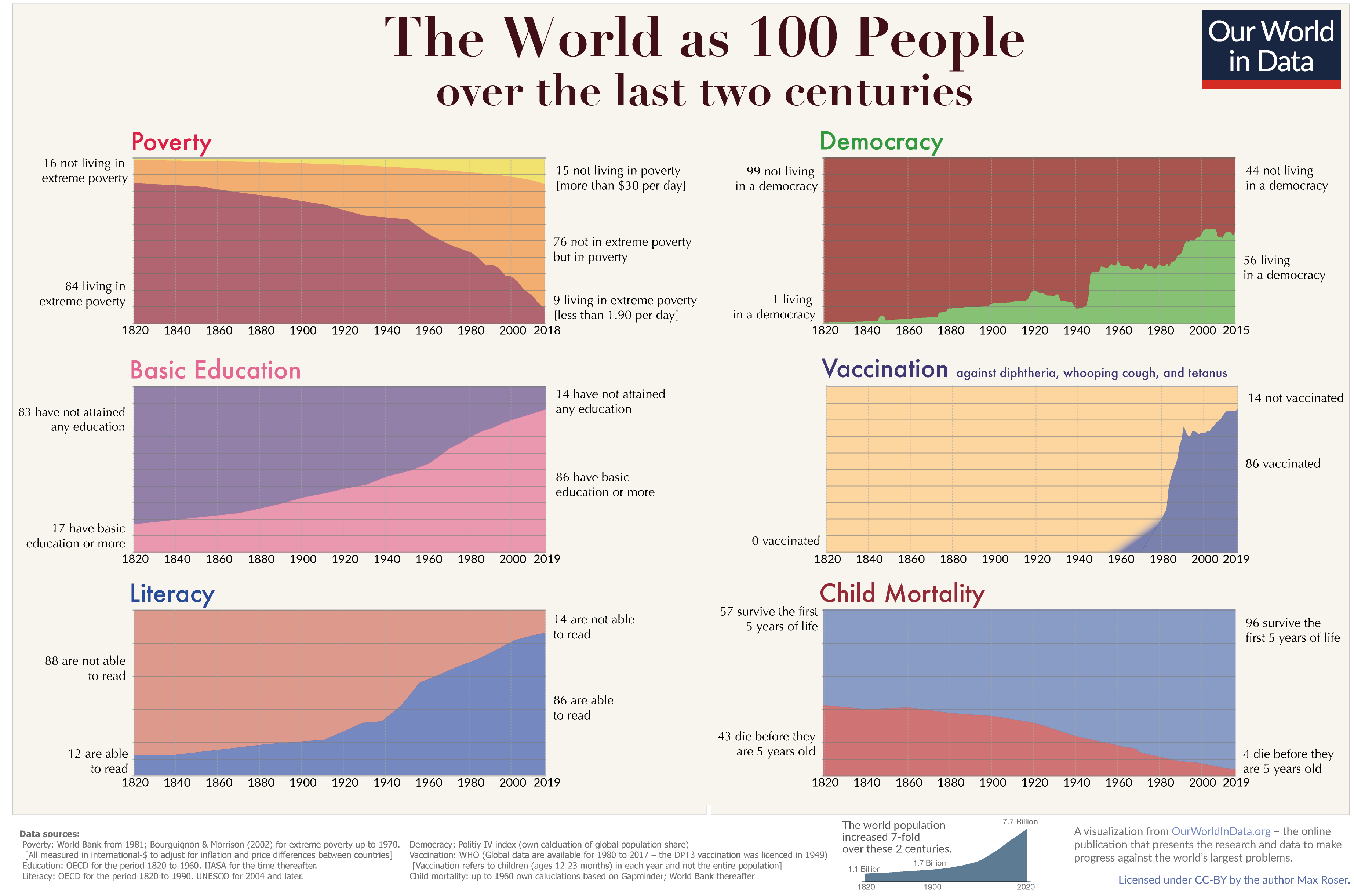This has strong dad vibes
Memes
Rules:
- Be civil and nice.
- Try not to excessively repost, as a rule of thumb, wait at least 2 months to do it if you have to.
Well Marx is basically father Christmas lol
The alternative forms of government have done it much faster. I wonder if we will get the balance right eventually. I thought Nordic states had a good thing going but seeing Sweden's right shift lately I'd guess not.
In the end, what must be done but hasn't really tried yet: Democratic companies.
Every person who works in a company gets a vote. The CEO can be voted in and out by the people working there. Different departments can vote on who should be promoted to manager. If there's trouble with that, in a bi-annual workers meeting this can be undone or confirmed by all people.
Works damn well in scientific collaborations. Would also work great in large companies.
So a co-op
That is the conservative-authoritarian agenda.
Planned economies are grossly inefficent, a handful of planners creating chains of production results on an economy that works only on paper.
Marxism works as a critique of lassiez-faire capitalism, but as a standalone system always results in the creation od totalitarian regimes. A well regulated market economy, with publicly funded infrastrukture and services has the best of both worlds.
Planned economies are actually very efficient, look inside of Walmart and Amazon, and what you'll see is a ton of planning, this planning isn't based on 'a handful of planners', but instead based on a fuckton of data, usually collected and analysed via SAP business planning software. These companies are able to respond to trends and price goods in a way that their profits remain high, and both of these companies at least have some of their supply chains under full control for themselves.
I'm pretty sure we can create this kind of planning and enact control over it for different goals apart from profit, and there are countries where this is already being tried like here
Walmart is not the whole economy, who told you that? They are merely one of the actors
Even if the data collection software was perfectly informed in regards to goods and services (very doubtful) it is still a bad idea to put the reins of economy into the hands of a few people. Consolidation of state power and the power of capital into a single entity has resulted in totalitarian regimes. Even the examples listed are basically exemplars of everything bad about modern corporations. Putting politicians in charge of such a system won't automatically make it a force for good.
I’ve seen the opposite in places like the UK where privatization of public utilities has lead to very high prices, poor customer service, and under investment across the board.
Marxism works as a critique of lassiez-faire capitalism, but as a standalone system always results in the creation od totalitarian regimes.
Marx never devised any kind of "system" and there has never been a Marxist revolution (if you mean, of the kind Marx predicted would occur). Marx thought revolution would result from the concentration of labour in factories in heavily industrialised countries but so-called Marxist revolutions have only happened in agrarian economies so far.
It turns out that fascism (which is power protecting itself) is the primary beneficiary of crises of capitalism because they happen when labour is at its weakest.

